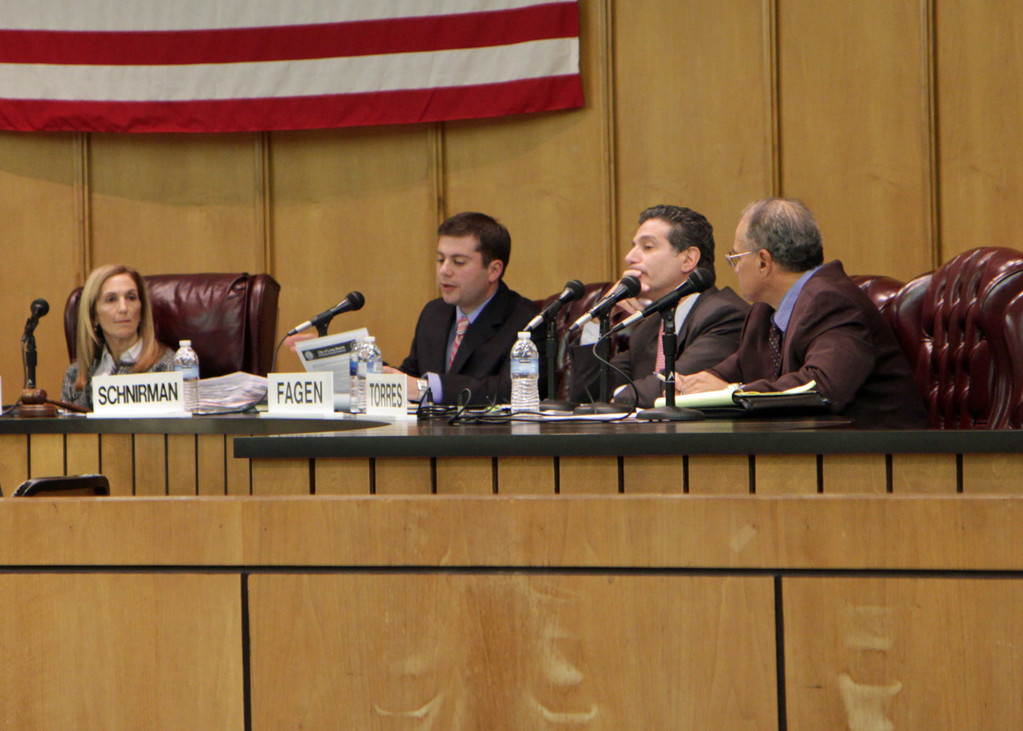Cash-strapped Long Beach ‘hopeful’ it can bond $15 million
Weisenberg: bill will allow city to pay down deficit, reduce proposed tax increase
Legislation that would allow Long Beach to borrow millions in serial bonds in order to reduce a proposed 16 percent tax increase and pay off a staggering $10.25 million deficit is expected to pass both the New York State Assembly and Senate, according to Assemblyman Harvey Weisenberg, a Democrat from Long Beach.
On May 24 — two days after the City Council voted 3-2 to adopt an $87.9 million budget for 2012-13 — the council voted to submit a home rule request to the State Legislature that, if approved, would authorize the city to issue up to $15 million in bonds to pay down its deficit over 10 years.
Long Beach declared a fiscal crisis earlier this year, and while City Manager Jack Schnirman said that the administration has cut costs and reined in spending, he acknowledged that a tax increase and layoffs were unavoidable as the city attempts to balance its budget and seeks to avoid another credit-rating downgrade by Moody’s Investors Service.
Under the city’s initial budget proposal, residents would have been hit with a 4.1 percent tax levy increase and an 11.9 percent deficit-reduction “surcharge” for three years, raising taxes next year by $430 to $2,900 on an average home in Long Beach. But after the bond bill was introduced by Weisenberg and Senate Majority Leader Dean Skelos, a Republican from Rockville Centre, city officials revised the spending plan, saying they were confident that lawmakers would approve the legislation and allow the city to reduce the deficit surcharge by more than half and spread the payments out over 10 years. The budget that was approved on May 22 includes a 2.6 percent tax levy increase and a 5.3 percent deficit-reduction surcharge, a combined tax hike of 7.9 percent.
The pending legislation would allow the city to “liquidate” its actual deficits in the city’s general, water, and sewer and risk management funds by June 30, the end of the fiscal year, and move forward with deficit financing.
“We’re hopeful that it will pass during the current session, which ends toward the end of June,” Schnirman said.

 48.0°,
Overcast
48.0°,
Overcast 




